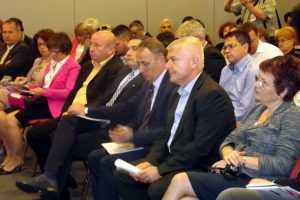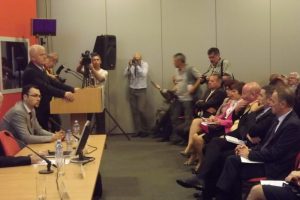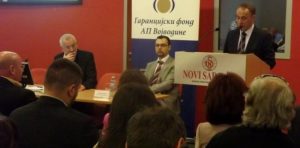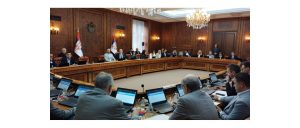International conference on renewable energy sources and biomass in agriculture held at the Agriculture Fair
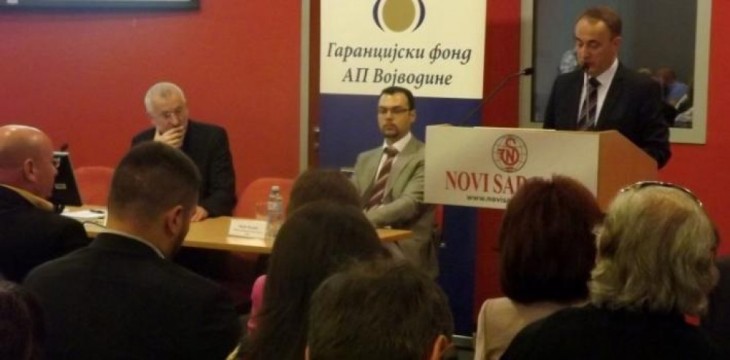
The international conference “Promotion of renewable energy sources: biomass in agriculture” has been held today at the Novi Sad Agriculture Fair, within the framework of promoting the new credit line of the Guarantee Fund of AP Vojvodina.
The event was organised by the Guarantee Fund of Autonomous Province of Vojvodina, in cooperation with Heinrich Böll Stiftung, Deutsche Gesellschaft für Internationale Zusammenarbeit (GIZ), European Affairs Fund of Autonomous Province of Vojvodina, under the auspices of the Provincial Secretariat for Economy, Employment and Gender Equality.
The conference was opened by the Vice-president of the Provincial Government and Provincial Secretary for Economy, Employment and Gender Equality, Miroslav Vasin, whereas the Provincial Secretary for Energy and Mineral Resources, Nenad Stanković Msc pointed out the importance of renewable energy sources (RES) and calls of the Secretariat in that field.
In addition to establishing a dialogue about the production and use of biomass by farmers and offering factual and relevant data on the costs and benefits, challenges and experience, the conference aimed at presenting best practice models in Europe that could be applied in Serbia in a short time. At the same time, the international conference was also an opportunity to present the new credit line of the Guarantee Fund of AP Vojvodina, aimed at the procurement of biomass processing equipment and to be implemented in cooperation with five commercial banks – AIK AD Niš, Banca Intesa, Komercijalna banka AD Beograd, Credit Agricole Serbia and ProCredit Bank.
Although biomass is the most important potential of RES, which has been proven by a number of studies, in the Republic of Serbia, especially in AP Vojvodina, farmers, representatives of relevant institutions and organisations and the public are not informed sufficiently enough about the opportunities and potential of using biomass as a renewable energy source. The participants at the conference talked about specific topics, such as the importance of sustainability of biomass potential, accession to the European Union, as an opportunity to increase the share of RES. The presentation also involved comparative case studies on the advantages of using biomass to fossil fuels in agriculture, and the discussion also touched upon the energy villages and experience of Germany, more precisely the partnership on biomass between Baden-Württemberg and Serbia was presented.
